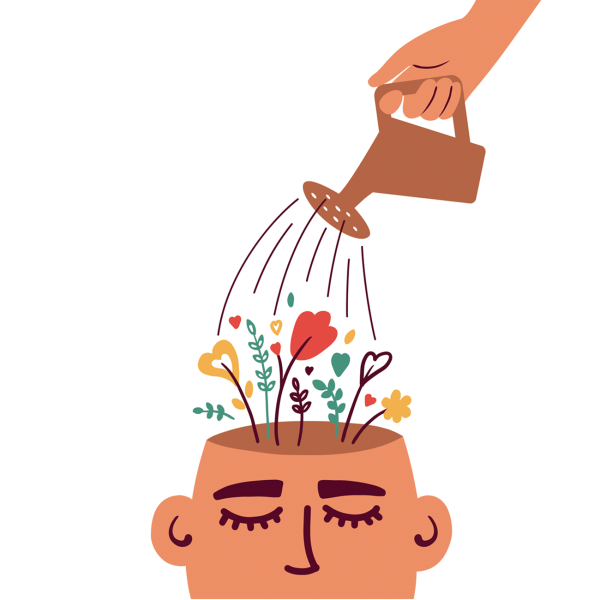

In the bustling world of our College, there are so many positive influences on our young people, and our teachers and support staff play a vital role. They are the architects of the academic and social and emotional health of these students, and their tireless efforts make it all possible. But in the midst of nurturing the growth of students, it’s easy for educators to overlook their own wellbeing.
As we are now well over halfway through the year, it’s imperative that we prioritise the wellbeing of our cherished educators. A healthy, happy learning area is essential for maintaining the high standards of education that Marist Regional College is known for. In this newsletter article, we’ll explore why the wellbeing of our College educators’ matter and offer some practical strategies to support them on their journey.
The Importance of Educator Wellbeing
- Quality of Education: Educators who are emotionally and physically well are better equipped to engage and inspire their students. Their enthusiasm and passion are contagious, leading to a more positive learning environment.
- Retention and Recruitment: A college known for taking care of its educators attracts top talent and retains experienced faculty. This ultimately enhances the institution’s reputation and academic excellence.
- Role Modelling: Educators serve as role models for students. By prioritising their wellbeing, they instil in students the importance of self-care, a valuable life lesson.
Strategies for Supporting Educator Wellbeing
- Professional Development: Encourage educators to participate in workshops and training sessions related to stress management, time management, and work-life balance. Marist Regional College can organise such programs to invest in the growth of its educators.
- Mental Health Resources: Ensure that there are readily available mental health resources and counselling services. Normalise seeking help when needed and provide a confidential, supportive environment.
- Recognition and Appreciation: Regularly recognize and appreciate the hard work of educators. Simple gestures like thank-you notes or awards can go a long way in boosting morale.
- Community Building: Foster a sense of community among educators. Encourage regular meetings, both formal and informal, where they can share experiences, ideas, and support one another.
- Physical Wellbeing: Promote physical wellbeing through initiatives like fitness classes, access to gym facilities, or health and wellness challenges.
- Clear Communication: Maintain open lines of communication between educators and college administration. Encourage feedback and be responsive to their needs and concerns.
- Workload Management: Monitor and manage workloads to prevent burnout. Ensure that educators have reasonable expectations and support for their teaching and research responsibilities.
Mr Sam Johnstone
Deputy Principal: Pastoral Care and Well-Being


